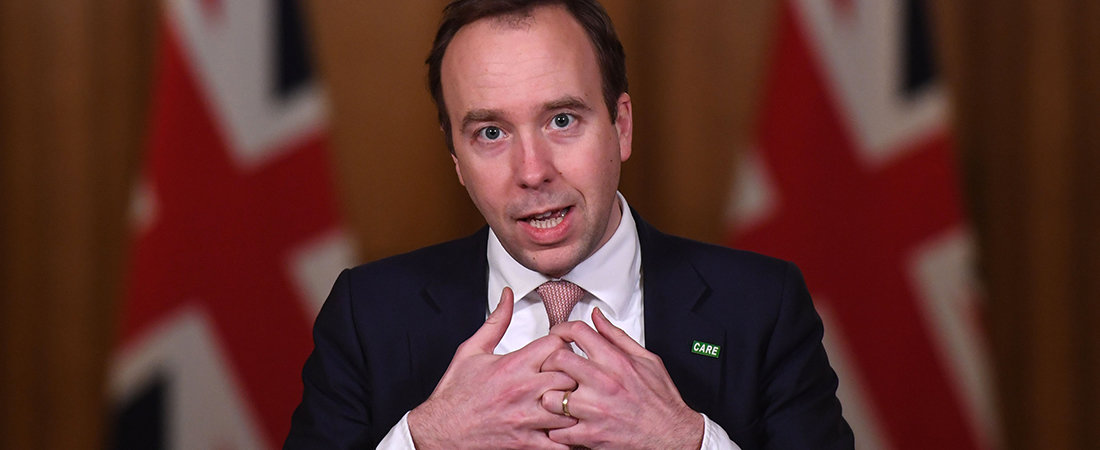On 11th February the Government published a white paper outlining their latest plans for reforms to the NHS – “Integration and Innovation: working together to improve health and social care”. This marks a significant reorganisation for the second time in 10 years and signifies the opportunistic nature of Boris Johnson’s government.
During his statement to the Commons, Health Secretary Matt Hancock outlined the three pillars underpinning the white paper: fostering greater innovation, removing bureaucracy and creating more accountability. The Bill marks the government’s decision to pursue whole heartedly a ‘population health’ approach – focussing on prevention, place-based health, and narrowing health inequalities.
While the bulk of the reforms focus on stripping away bureaucracy, the change that has garnered significant attention from those in the NHS and wider health policy world is the political decision to transfer additional powers to the Health Secretary. While NHS England will retain “clinical and day-to-day operational” independence, Matt Hancock has said that this reform will empower him to “set direction for the NHS and intervene where necessary.”
Change in the NHS landscape seems inevitable post COVID-19 – this transfer of additional powers is likely the government pre-empting the need for high-level intervention in order to tackle mounting waiting lists for treatment, following new figures revealing that 224,205 people have been waiting over 52 weeks for treatment.
Many have expressed doubt that the transfer of greater powers will help the government rectify these waiting times, with figures such as Nigel Edwards, chief executive of the Nuffield Trust think tank, commenting: “There’s a flawed theory about what the issues are … that somehow performance is a management problem or a lack of will; when actually the real problem there aren’t enough staff.”
Critics and supporters of the reforms have noted in equal measure that the Health Secretary is now more directly accountable for the failures of the NHS, as well as any potential improvements. Should the government fail to address the impending crisis in waiting times created by COVID-19, the 2024 election will see them blamed more firmly for this than ever before.
But what does all this mean for the NHS?
Somewhat ironically given this transfer of power, these reforms should signal a more localised approach, moving away from the more top-down style favoured in the 2012 Lansley reforms. Integrated Care Systems (ICSs), due to cover the country by April 2021, will be encouraged to take more care into the community, working closely with local government, charities, and potentially even private bodies.
There are still several key areas of the reforms to be ironed out, including the relationship between ICSs and local authorities, but the most important is how these reforms will sit alongside upcoming changes to social care and mental health services. Many have pointed out that a truly integrated healthcare system cannot exist separately to the social care system, an issue highlighted by the effects of the pandemic. As the white paper passes through the House, it is likely we will see more questions over what the reforms fail to address, than the proposals themselves.
Question marks also remain over the extent to which the Health Secretary will choose to use the new powers at his disposal once the Bill is ratified. A government minister becoming more involved in the day-to-day decision making of the NHS could lead to highly controversial decisions about treatments and care, open to a scrutiny not previously applied to an independent body.

